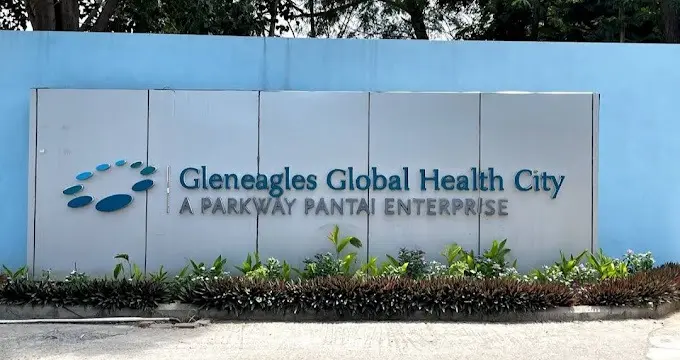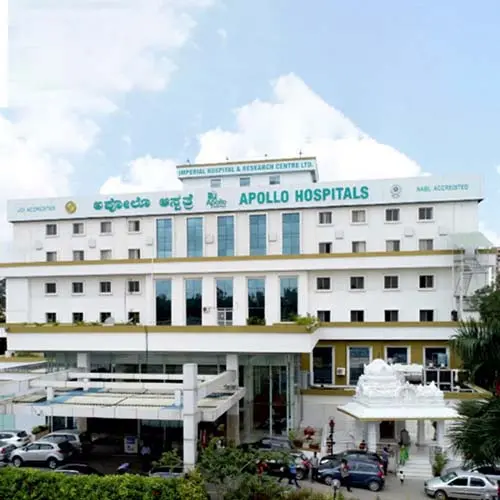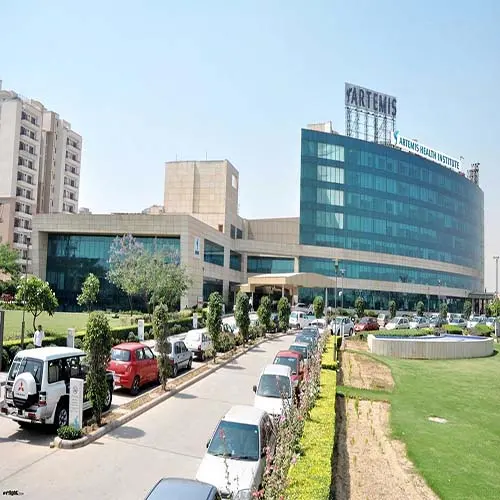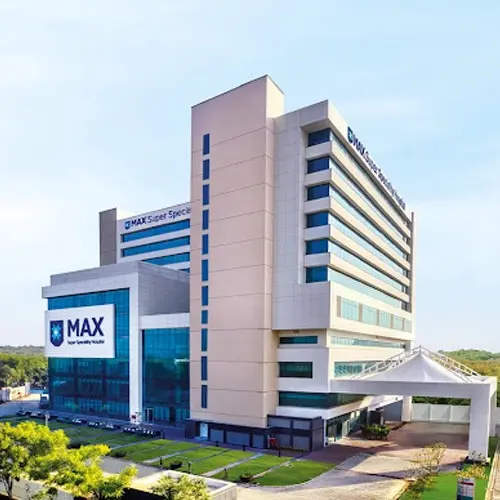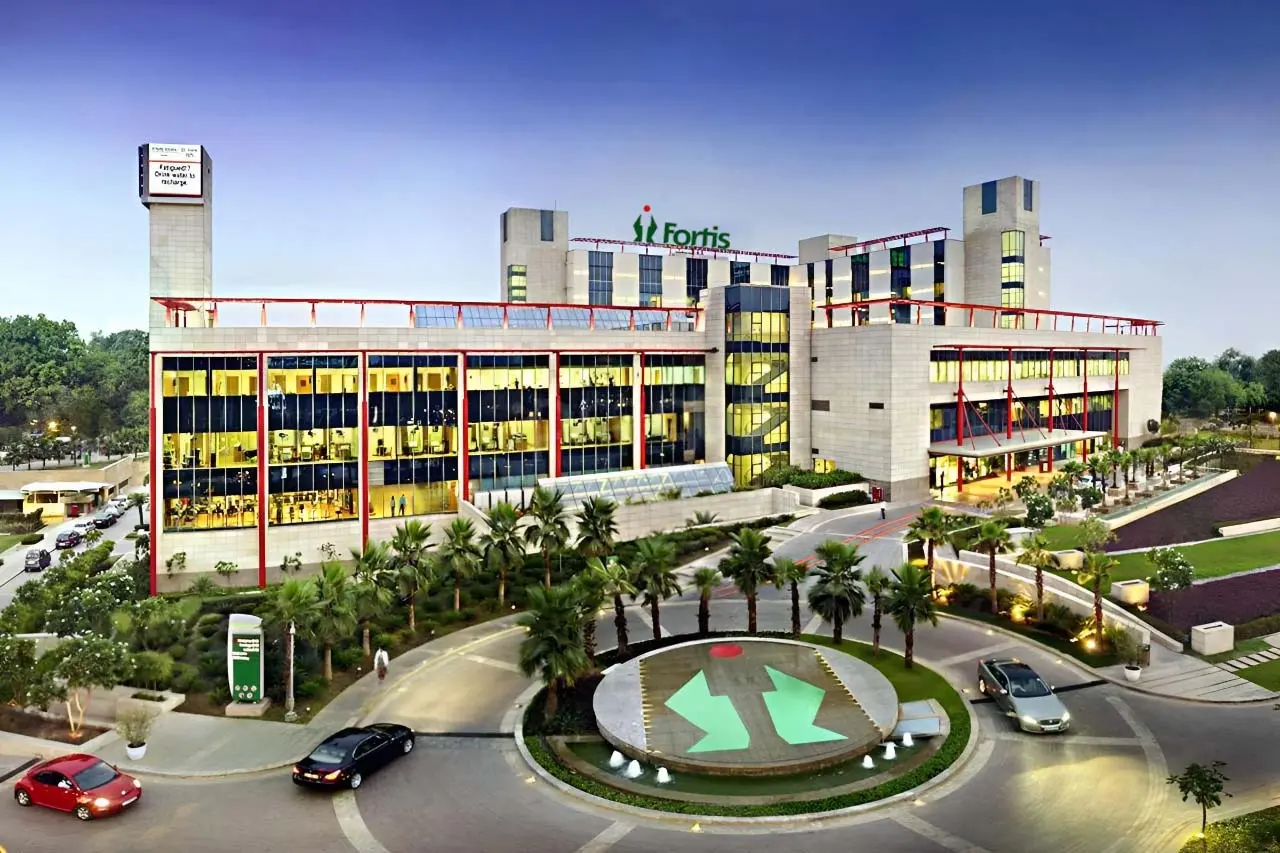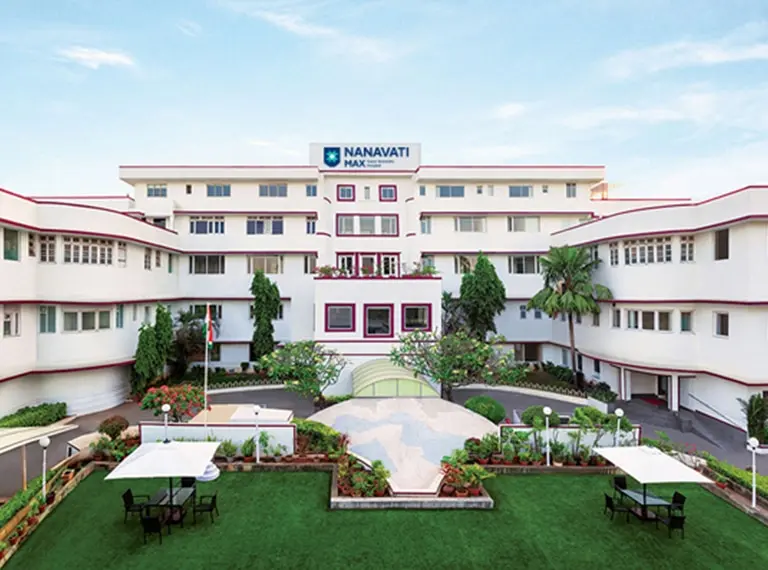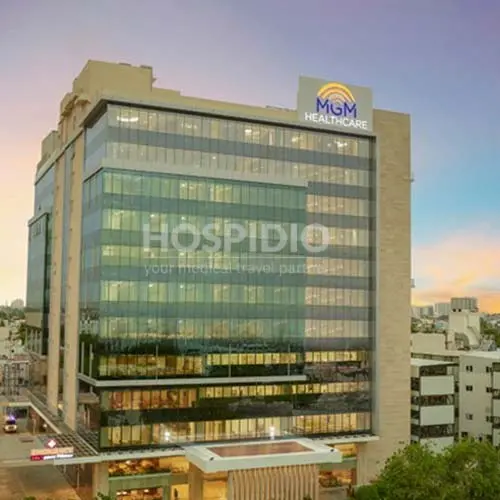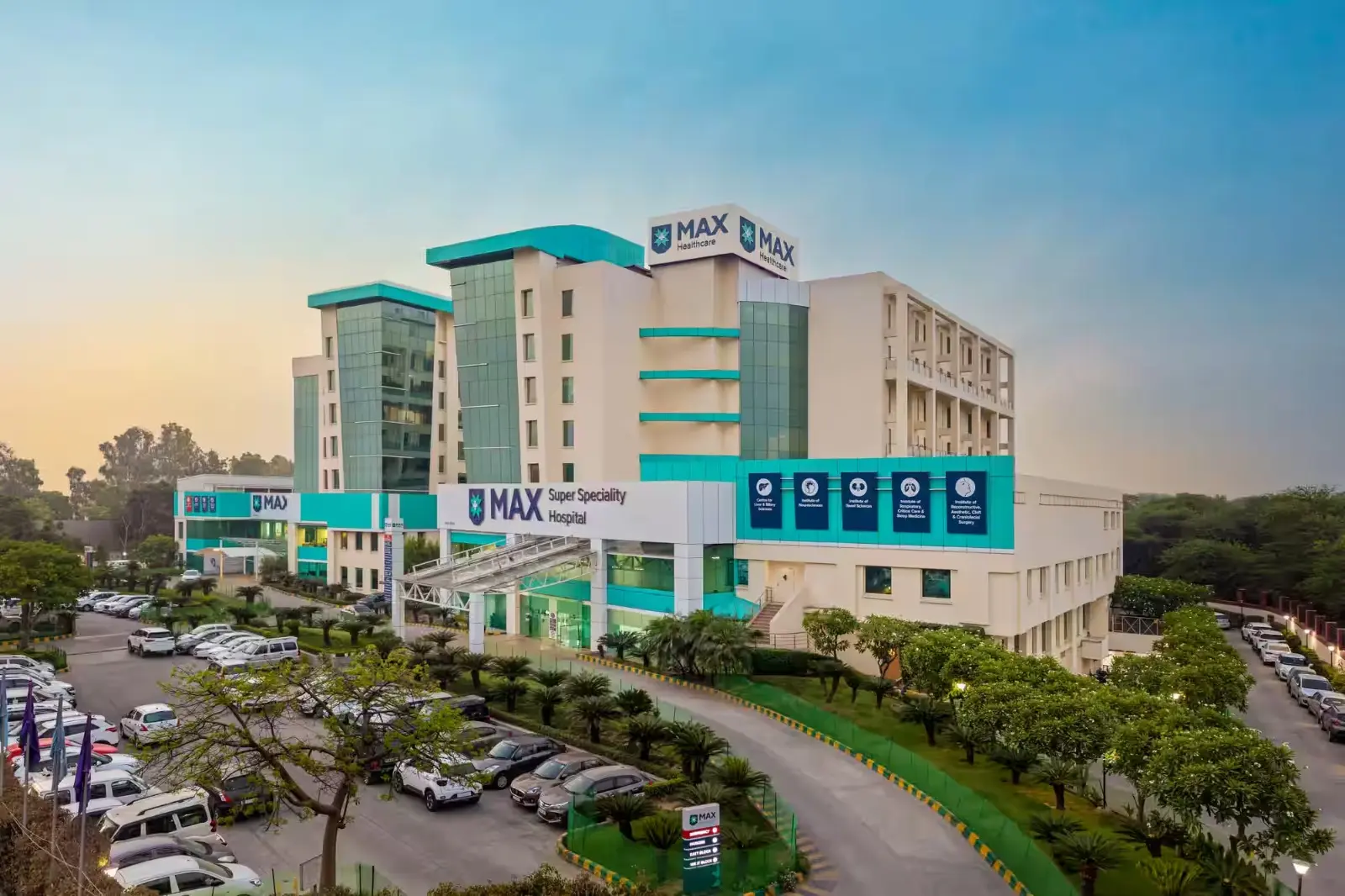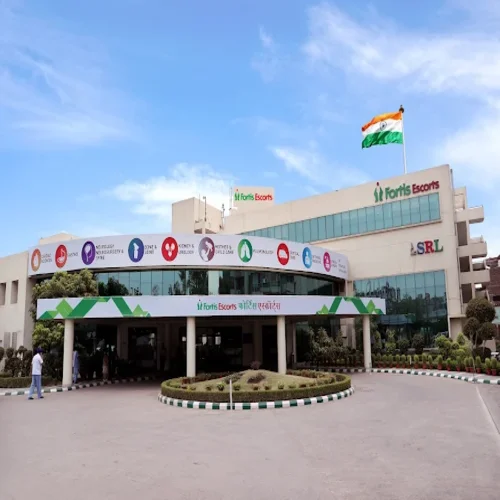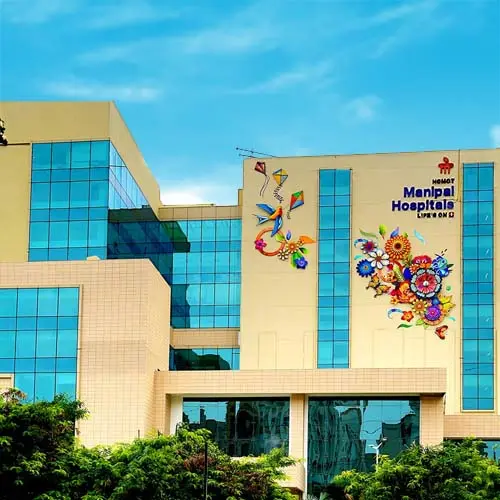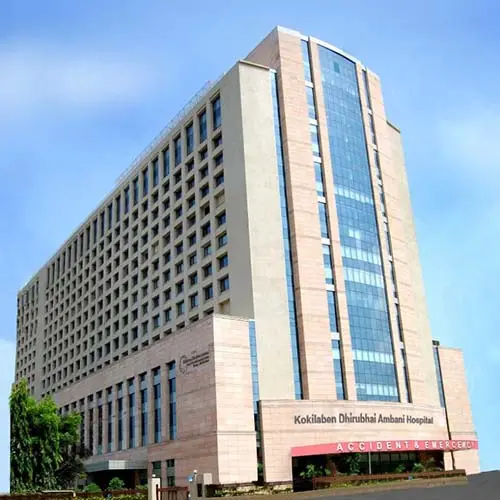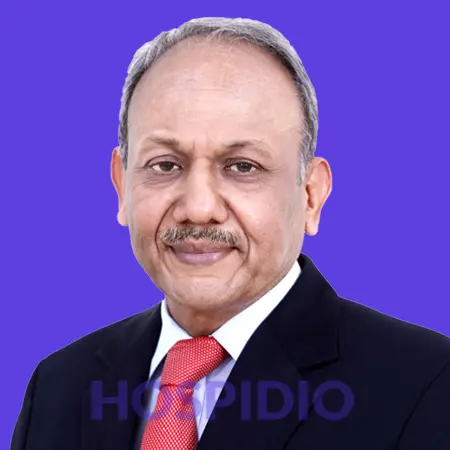Pyloric Stenosis Surgery cost in India
The Pyloric Stenosis Surgery cost in India ranges from $3,500 to $43,500, which is approximately equivalent to ₹2,97,500 to ₹3,82,000 Indian rupees. India is a preferred destination for pediatric surgeries due to its affordable pricing, skilled surgeons, and modern medical facilities.
Families from across the globe choose India for pyloric stenosis treatment because it offers high-quality care at a fraction of the cost compared to Western countries. The surgery, called pyloromyotomy, is a quick and effective procedure performed by experienced pediatric surgeons to relieve the blockage. Most babies recover well and can start feeding normally within a few days.
Cost Range of Pyloric Stenosis Surgery cost in India
What is Pyloric Stenosis?
Pyloric stenosis is a condition in infants where the muscle at the bottom of the stomach (called the pylorus) becomes too thick. This blocks food from moving into the small intestine. As a result, babies with pyloric stenosis often have forceful vomiting, dehydration, and poor weight gain. It usually appears in the first few weeks of life and is more common in boys. The condition is treated with a simple surgery to open the narrowed passage and allow food to pass normally. With treatment, babies recover well and grow normally.
Get a free cost estimate
Common Conditions That May Require Pyloric Stenosis Surgery in India
Infantile Hypertrophic Pyloric Stenosis (IHPS)
The most common form, where the muscle at the lower end of the stomach thickens and blocks food from entering the intestine. This typically appears in babies between 2 to 8 weeks of age and requires surgical correction.
Severe Vomiting After Feeding
If a baby repeatedly vomits forcefully (projectile vomiting) after feeds and doesn’t gain weight, pyloric stenosis is suspected. Surgery is performed to relieve the obstruction and allow normal digestion.
Electrolyte Imbalance Due to Dehydration
Babies with undiagnosed pyloric stenosis can become dehydrated and lose essential salts due to constant vomiting. Once stabilized with fluids, surgery is done to fix the cause.
Failure to Thrive (Poor Weight Gain)
Infants who are unable to gain weight or show signs of malnutrition due to blocked feeding passages may need pyloromyotomy to restore proper feeding and digestion.
Delayed Diagnosis or Complex Cases
In rare cases where diagnosis is delayed or symptoms are more severe, a surgical plan is created to correct the condition and manage any complications.
Who Is an Eligible Candidate for Pyloric Stenosis Surgery in India?
1. Medical Eligibility Criteria
a) Confirmed Diagnosis of Pyloric Stenosis
Surgery is recommended once pyloric stenosis is diagnosed using:
- Physical Examination: Doctors may feel a small lump (olive-shaped mass) in the baby’s upper abdomen.
- Ultrasound Imaging: Confirms thickening of the pyloric muscle and blockage.
- Blood Tests: Help assess dehydration and salt imbalance caused by repeated vomiting.
b) Presence of Key Symptoms
- Projectile Vomiting After Feeding
- Poor Weight Gain or Weight Loss
- Signs of Dehydration (dry mouth, sunken eyes, less urine)
- Constant Hunger followed by Vomiting
2. Additional Considerations
Age
- Most eligible candidates are infants between 2 to 8 weeks old, though surgery can be safely performed in slightly older babies as well.
Overall Health Status
- The baby must be medically stable for surgery. If dehydrated, fluids and electrolytes are corrected first.
Parental Understanding and Commitment
- Parents should understand that surgery is the only effective treatment, and with proper care, outcomes are excellent.
- They should be prepared for a brief hospital stay, post-op feeding guidance, and follow-up visits.
Types of Pyloric Stenosis Surgery in India and Cost
Here is an overview of the common types of pyloric stenosis surgeries along with their approximately cost range in USD:
Type of Surgery | Description | Approximate Cost (USD) |
Open Pyloromyotomy | A small incision is made in the upper abdomen to reach and split the thickened pyloric muscle, allowing food to pass. This is the traditional and widely used method. | $3,500 – $4,000 |
Laparoscopic Pyloromyotomy | A minimally invasive surgery using tiny instruments and a camera inserted through small cuts. Offers faster recovery, smaller scars, and less post-operative pain. | $4,000 – $4,500 |
Delayed or Stabilized Surgery | Performed after correcting dehydration or electrolyte imbalance in sick or undernourished infants. Fluids are given first, followed by standard surgery. | $4,500 – $5,500 |
Revision Pyloromyotomy | Rarely required if the initial surgery does not fully relieve the obstruction. Involves reoperation to correct residual issues. | $4,500 – $5,500 |
Get a free cost estimate
Pyloric Stenosis Surgery Cost in India Inclusions
- First consultation
- Treatment as advised
- Routine drugs and consumables required during hospitalization
- Pre-anesthesia check up and clearance
- Hospital stay and meals as per the package
Pyloric Stenosis Surgery Cost in India Exclusions
- Pre-operative examination and tests
- Hotel stay, meals and flights
- Extended hospital stay
- Post-treatment follow-ups
- Treatment for any other underlying medical conditions
- Any complex investigations or drugs
Other Factors Affecting Pyloric Stenosis Surgery Cost in India
- Type of surgery advised
- Choice of location, doctor and hospital
- Pre-existing medical history
- Type and duration of treatment advised
Types of Tests for Pyloric Stenosis Diagnosis and Surgery
Category | Brief Description | Common Tests and Cost in USD |
Physical Examination | The first step in diagnosis. Doctors check for a small, firm lump (pyloric "olive") and signs of dehydration or weight loss. | Abdominal palpation, growth assessment, symptom review. The cost will be around $30 to $40. |
Imaging Tests | Confirms the diagnosis and evaluates the thickness of the pyloric muscle. | Abdominal Ultrasound (primary test), sometimes Upper GI X-ray Series if ultrasound is inconclusive. The cost is around $350 to $450. |
Blood Tests | Checks for dehydration, electrolyte imbalance, and overall health before surgery. | Electrolytes Panel, Complete Blood Count (CBC), Blood Urea & Creatinine, Serum Chloride & Potassium. The cost is around $100-$150 approx. |
Pre-Anesthesia Checkup | Ensures the baby is fit for surgery and anesthesia. | General examination, ECG, and Pediatric Anesthesia Evaluation. The cost is around $100. |
Hydration Monitoring | Assesses fluid status and prepares the baby for safe surgery if dehydrated. | Urine output monitoring, IV fluid response, skin turgor check. The cost is around $20. |
Why is India preferred as one of the best countries for Pyloric Stenosis Surgery?
India is one of the most trusted destinations for pyloric stenosis surgery due to its specialized pediatric and gastrointestinal (GI) surgical expertise, supported by world-class hospital infrastructure. Families from across the globe choose India for this delicate pediatric procedure because of the high level of skill and precision offered by Indian surgeons. Pediatric and GI surgeons in India are extensively trained, often with experience from leading international institutions, and are highly experienced in performing both open and laparoscopic pyloromyotomy. Their ability to manage complex cases with precision makes India a preferred choice for infants requiring this surgery.
Hospitals in India are equipped with dedicated pediatric surgical units, advanced diagnostic tools, and specialized neonatal intensive care units (NICUs) that ensure comprehensive and safe treatment for newborns. From pre-operative assessment to post-surgical recovery, every step is carefully planned and personalized according to the child’s condition. Pediatric anesthesiologists, neonatologists, and nursing staff work alongside surgeons to provide round-the-clock care, ensuring quick and smooth recovery for young patients.
Another reason international families choose India is the strong emphasis on patient-centered care. The treatment journey is made easier with support services like medical visa assistance, language interpretation, child-friendly recovery environments, and coordinated follow-up care. The combination of advanced surgical capabilities, compassionate pediatric care, and seamless international support has positioned India as a leading global destination for pyloric stenosis surgery.
Best Pyloric Stenosis Surgery Hospitals in India
Best Surgeons in India For Pyloric Stenosis
FAQs
The most common symptoms include projectile vomiting, constant hunger followed by vomiting, weight loss, dehydration, and a visible lump in the upper abdomen.
It usually develops in babies between 2 and 8 weeks old, though it can occasionally occur earlier or later.
Yes. The only effective treatment is a surgical procedure called pyloromyotomy, which relieves the blockage by splitting the thickened muscle.
Yes, it is a safe and routine surgery performed by pediatric surgeons. With proper care, most babies recover quickly and fully.
The surgery typically takes 30 to 60 minutes and is performed under general anesthesia.
Yes, babies usually stay for 1 to 3 days to ensure proper recovery and feeding after the surgery.
Most babies can start feeding within 12–24 hours after surgery, beginning with small amounts and gradually increasing.
No. With timely surgery and proper care, babies go on to have normal digestion, growth, and development.

